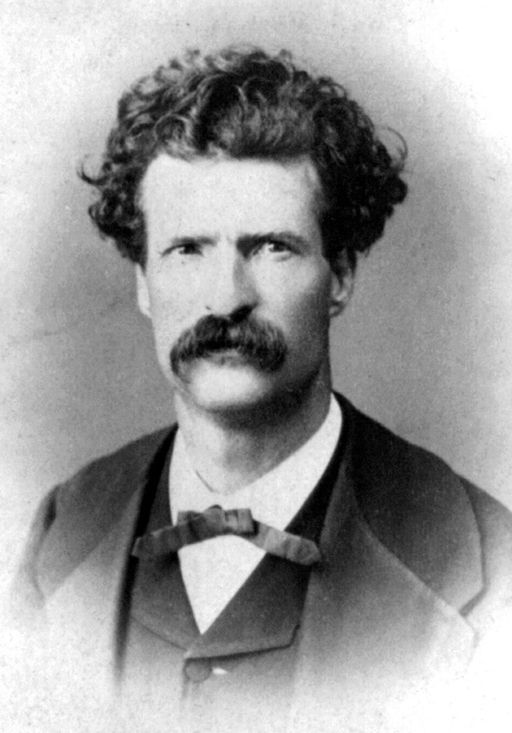There has been much contention regarding the decision of an Alabama book publisher to substitute the “n-word” with the word “slave” in new editions of both Tom Sawyer and Adventures of Huckleberry Finn. This posthumous editing is causing quite a stir in literary circles and in rabble’s babble forum, with those applauding the changes and those questioning them. Babblers have weighed in with their diverse opinions, with the majority of them critical of the new editing. Here is glimpse of the discussion on babble:
Numerous babblers have used the term “bowdlerization” to refer the Twain edits, with 6079_Smith_W calling the changes a bad idea. “If the word offends you, the book’s message and Twain’s actual politics notwithstanding, just don’t read the damn thing. If the word is that offensive then why would one want to contribute to the man’s estate anyway.” Also bringing up the posthumous editing of Ernest Hemingway‘s A Moveable Feast by a grandson who did not like Hemingway’s portrayal of his grandmother.
Slumberjack sees no altruistic motive behind NewSouth Books’ decision. “The publisher is interested in boosting sales, that’s the extent of it.”
Unionist points out the realities of U.S. politics and policies and the contradictions that the Twain edits represent. “The U.S. carries out daily crimes against humanity, bolsters racism and apartheid and murder around the world, and edits literary works to appear to be anti-racist.”
Similar to Unionist, absentia sees the Twain changes as a way to sanitize the U.S. image. “Literature is a product, not only of its creator, but also of its time and place and socio-political atmosphere, or it tells us nothing worth knowing. The worse the U.S. behaves toward its own and other peoples, the more miserable and hopeless everyone is made by them, the more they sanitize the labels and paper over the cracks. When all you see is happy, happy white middle class, you’ll know revolution is about to break out.”
Catchfire clarifies the historical context of the use of the n-word, which some have argued was not as offensive at the time Twain wrote. “The n-word was not considered ‘fine’ or simply colloquial when Twain wrote this book in the late 19th century. There is a reason why Huck refuses to relinquish the word even as their friendship develops and grows. The word is meant to connote hate — vindictive, urgent hate — in a way ‘slave’ sanitizes. I think TB’s [Timebandit’s] word,’‘whitewash,’ is a great one — why are we reading this book? Because it’s a ‘classic’? Or because it is the single greatest expression of postbellum racial politics and the emergence of 20th century American capitalism?”
Further questioning the word change, al-Qa-bong questions how progressive it really is to refer to black people as “slaves.”
Anyone can join this dynamic discussion or any of the other numerous conversations taking place in the babble forum. There is also the babble book lounge where all things book-related are up for debate and dialogue. All you need to do is create a free babble account to join rabble’s other 15,000 babblers.



